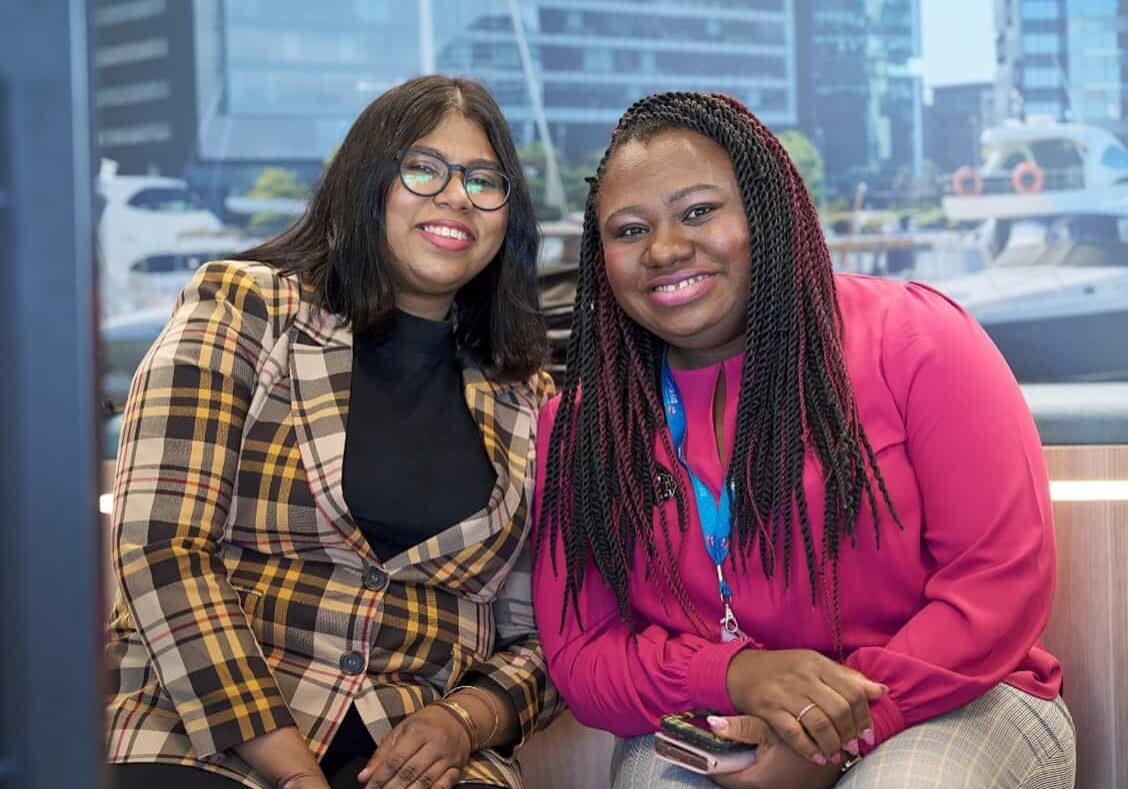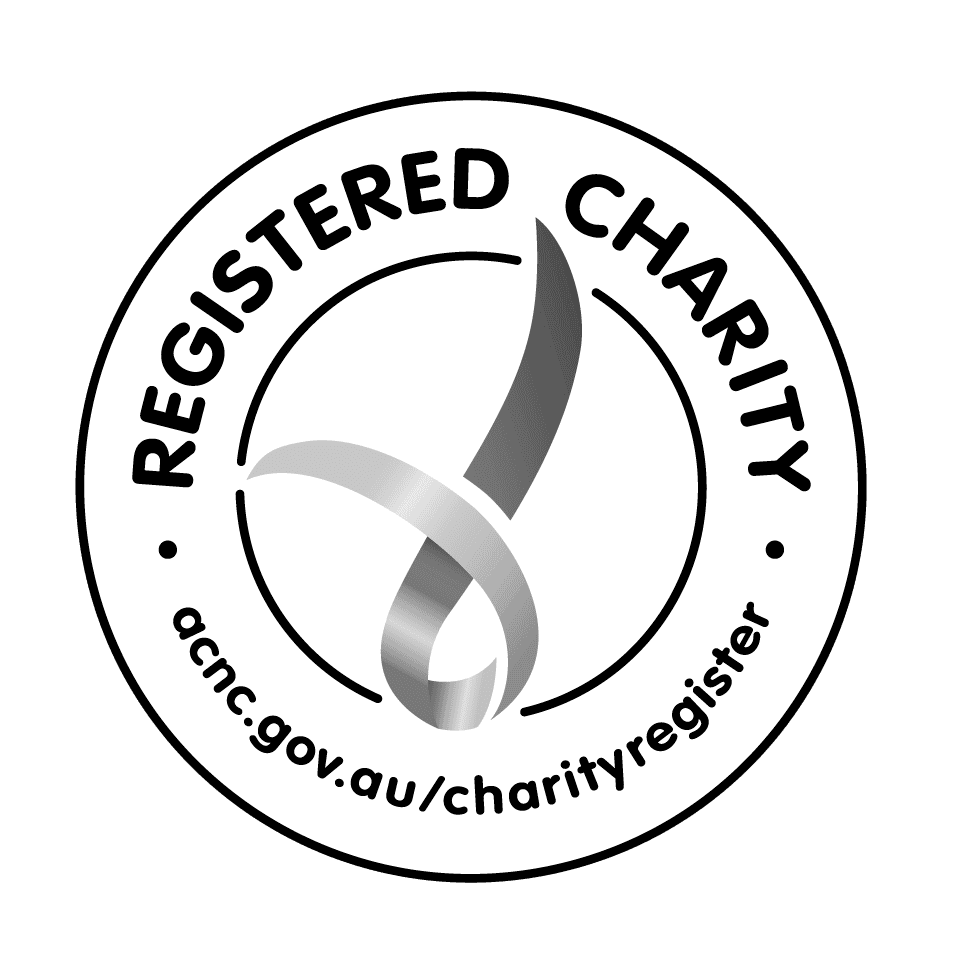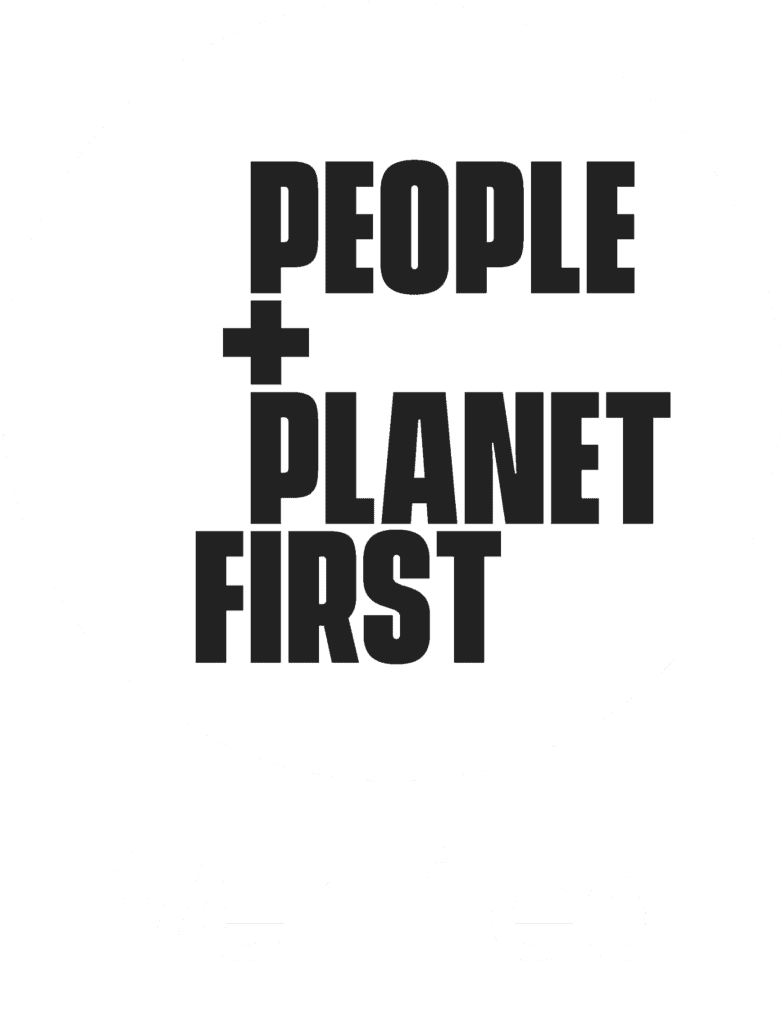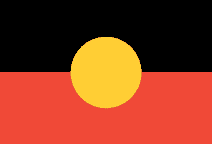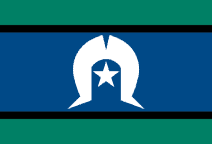This International Day of Women in Science, Jobsbank is sharing the extraordinary story of our partners at iSTEM Co – a business enabling women in STEM to gain employment in senior roles.
When Nigerian-born Dr Morley Muse first arrived in Australia from the UK on a skilled migration program for engineers, she didn’t expect to face any problems finding work. After all, she was highly qualified, with a double bachelor’s in Chemical and Environmental Engineering and a master’s in Sustainable Power Engineering from top UK universities.
Nevertheless, she struggled and was unable to find work. As well as facing bias from employers, her work visa limited the job opportunities she could apply for as some employers wanted only permanent residence visa holders despite having a skilled work visa with full rights to work.
She ended up taking on a PhD in Australia to help her bridge the gap and get into the employment market. The doctoral journey changed her life, but not in the way she had anticipated. Watching the engineering students around her, Morley quickly realised that many girls would drop out by their second year. She became determined to find a solution and set up a club at the university specifically for women in science and engineering-WISE.
But she didn’t stop there.
“I also quickly realised that the problem we were seeing within the walls of the university wasn’t restricted to the university alone and that it was a broader Australian problem,” she said.
After realising through her connections with industry – and her own experience in the workforce – that conversations about equity in STEM stopped at gender and didn’t consider intersectionality around factors like ethnicity, disability and sexuality, Morley quit her job to launch iSTEM, a company devoted to helping women in STEM including women from diverse and multicultural backgrounds to enter – and stay in – the industry. She searched for a like-minded partner who could help her to make change and came across Dr Ruwangi Fernando, founder of the not-for-profit advocacy group STEM Sisters, whose mission is to address systemic barriers that prevent women of colour from pursuing and excelling in STEM fields. Being a Data Scientist and an AI expert, Dr Ruwangi observed the bias women face, which is compounded by race and ethnicity and decided to proffer change through STEM Sisters. However, she also noticed that employment and retention of STEM women was a problem that was still yet to be solved.

(L-R) Dr Ruwangi Fernando, Jobsbank CEO Dr Karina Davis and Dr Morley Muse
The problem
In Australia, women hold just 15 per cent of STEM-qualified jobs. When they do enter the workforce, they face a pay gap of 17 per cent. And many of them will leave the industry due to bias and discrimination, taking with them their vital skills and experience.
Morley said Australia is facing a damning situation when it comes to STEM jobs: despite the fact that by 2030, over a million additional tech workers will be needed, qualified women are missing out on the roles. The result is that they move into other industries, and the STEM sector suffers.
“The question is, who are the people that are going to do those jobs? These women with qualifications are not able to utilise their degree in the area [in which] they are qualified. STEM is very critical for job creation, for innovation. We need scientists, we need technologists, we need engineers, we need mathematicians to be able to solve the world’s most difficult problems, yet we have these women and we can’t utilise them. It’s a very sad and sorry situation,” Morley said.
Determined to make a meaningful difference, Ruwangi and Morley agreed to focus their efforts on connecting STEM women with roles in the industry. Together, the duo launched the iSTEM group comprising of iSTEM Co. and DEIR.
“We don’t care what you look like as a woman. You may be black, yellow, blue, whatever you want to be, it doesn’t matter as long as you identify as a woman and you’ve got [a] STEM qualification, iSTEM will help you,” Morley explained.
iSTEM works on multiple levels: at the grassroots with women in STEM seeking employment and representation, and at a higher level with business leaders, policymakers and government to change the policy settings that encourage greater diversity in the workforce. A certified social enterprise, the company provides several different services including talent sourcing, to help companies recruit women. Through partnerships with other STEM organisations, and thanks to the connections of Morley and Ruwangi, it has access to a broad network of women in STEM.
It also offers consulting work and can tailor programs to the needs of different organisations to review their diversity, equity and inclusion policies, identify gaps and provide advice and suggestions on how to close those gaps to attract women. iSTEM provides its own opportunities to women in STEM by inviting them to work with the company as expert consultants. Again, lived experience comes to the fore as these consultants are matched with organisations in the sector that they have worked in.
iSTEM also offers research services for businesses, to help them identify opportunities that they can provide for women in STEM.
Daring to DEIR
After launching, Morley and Ruwangi found employers often saying that the reason they couldn’t find more female candidates was because they didn’t have a place where women could apply for work, and didn’t feel that the current platforms – like Seek and Indeed – attracted enough women candidates.
So they launched their own platform: www.deir.com.au. A platform for employers to connect with women in STEM in an ethical and inclusive way, eliminating recruitment bias using the power of technology and AI, Morley explained. It is an anonymous recruitment platform; employers can’t see the personal characteristics of applicants like their name, ethnicity or age, but rather just their qualifications and skills. DEIR has also received recognition in STEM and won the Lift Women Social Impact Award and the 2023 Equity in Innovation Award at the Start-up Burning Hereos Competition.
Greater diversity in hiring in STEM fields would benefit the country in many ways, Morley said. In particular, it could assist Australia in meeting its environmental targets to tackle climate change. This is an area that Morley works in and is incredibly passionate about. She said Australia lacks enough experts to guide the transition to net zero.
With Australia in dire need of more tech workers as the transition gets underway – by some estimates, around 1.3 million – Morley questions how we will reach our environmental targets without diversity in hiring.
“Who will do all those jobs if we do not have all hands on deck and encourage women to bring their skills? We need women to get on board and make the transition even smoother,” she said.
Diversity in business has been proven to have benefits for companies too: a McKinsey study showed that companies that have ethnically and culturally diverse workforces are more profitable than those that don’t.
Employment, retention and leadership
Although gaining employment is important, the next step for iSTEM is ensuring that the women they assist are retained by their employers.
Morley said retention issues are the reason why 36 per cent of university enrolments in STEM are women, but just 15 per cent go on to work in STEM fields.
“Retention is the reason why women don’t become leaders, because they don’t stay long enough in their places of employment to grow,” she added.
iSTEM’s programs focus on retention. Its consultants work with businesses to curate programs and workshops designed to keep diverse women in the company. Businesses are also offered the opportunity to sign up to a mentoring retention program, through which iSTEM works not just with the women, but with their direct supervisors on measures to retain staff.
What has changed
Morley said that although much has changed since she first arrived in Australia and faced unemployment, much remains to be done. For example, the number of women engineers has grown from 11.3 per cent to now 16 per cent but only 13 per cent of the engineering workforce.
Now, companies are more understanding of those who arrive on work visas, and much more willing to provide opportunities.
She said businesses are realising that “they need these people”.
“Businesses are beginning to understand the value that the women bring on board. I think that’s changing, although it’s a slow change.”
Issues of intersectionality still need to be addressed; according to Australia’s STEM Workforce report, Morley said, 56 per cent of university-qualified women in Australia were born overseas, but they face an unemployment rate four times higher than those born here.
It is also important to note that 76 per cent of women engineers in Australia are born-overseas. While we need to work hard to encourage girls to pursue STEM degrees, it is imperative to harness the skills of those who are already qualified and have called Australia home, says Morley.
She believes that policy changes to address things like the gender pay gap will go some way to addressing the gender bleed from STEM industries, keeping women in the jobs they want to do and studied for.
The impact of changing lives
Since its founding, iSTEM has enabled employment for at least 150 women. It has run dedicated programs for First Nations girls in remote areas, worked with at least 12 schools and developed solutions across five different areas: education, entrepreneurship, employment, retention and leadership.
Morley said she has been stopped by women who have thanked her for her work with iSTEM. The same goes for Ruwangi. The duo has received multiple awards and recognitions for the impact they are making including Tech Diversity Awards, VMC Awards, Women’s Agenda, VU Alumni Awards, and many more.
“You do these things because it’s important… but you don’t realise the lives that have been affected. And it’s really important for us to not view people as numbers or as statistics and understand that behind those statistics are actual human beings,” she said.
“So when the government [is] making these decisions, it’s important for people, for companies and businesses, for them to realise that it’s real people that are being affected by those decisions.”
She said there is “nothing that gives me more joy” than changing lives.
She and Ruwangi recognise now that iSTEM isn’t just a company, or even a social enterprise; it is a movement.
“We have been able to influence the STEM community massively. Within the STEM community, there is no STEM organisation that doesn’t know about iSTEM,” Morley said.
The pair have heard from women who have attributed their greater confidence in their skills and value at work to iSTEM’s initiatives.
“In less than three years of us being in existence, it’s definitely been felt that there is a shift,” Morley said proudly.
“People’s mindsets are changing and people’s mindsets are a lot more open to being inclusive. If we use [diversity] properly in Australia, it’s to our advantage.”
